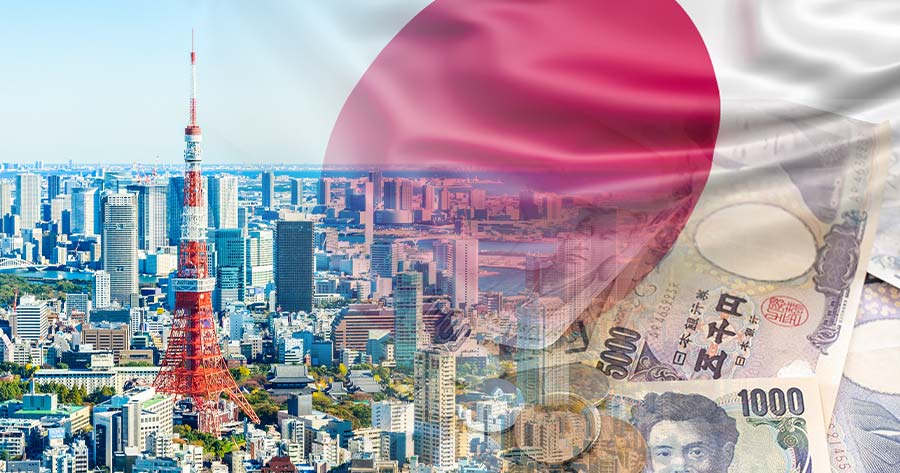According to government data released Friday, Japan saw its core inflation rate accelerate to 3.5% in April, supported partly by higher rice prices. The figures slightly beat expectations polled by Reuters economists of 3.4% and marked the quickest pace since January 2023.
Headline inflation advanced 3.6% year-over-year, matching March’s reading and remaining above the Bank of Japan (BOJ)’s 2% target for over three years.
The surge in rice prices has been particularly notable for Asia’s second-largest economy, with supermarket surveys showing record highs for the staple; a 5-kilogram bag reached an average price of 4,268 yen ($29.63) in mid-May, up 54 yen from the previous week.
BOJ is considering a pause in future rate hikes as the bank monitors the impact of recent U.S. tariffs on Japan’s economy, though Governor Kazuo Ueda has indicated a willingness to lift interest rates in response to persistent inflation.
Masato Koike, an economist at Sompo Institute Plus, anticipates that Japan’s core inflation will likely decline in the months ahead, citing the impact of weaker oil prices and gains in the yen.
He also noted that if U.S. tariffs result in a glut of food supplies—similar to patterns observed during the first Trump administration—it could push food prices lower.
Additionally, the planned reinstatement of government subsidies for electricity and gas bills this summer is expected to exert further downward pressure on overall inflation.





